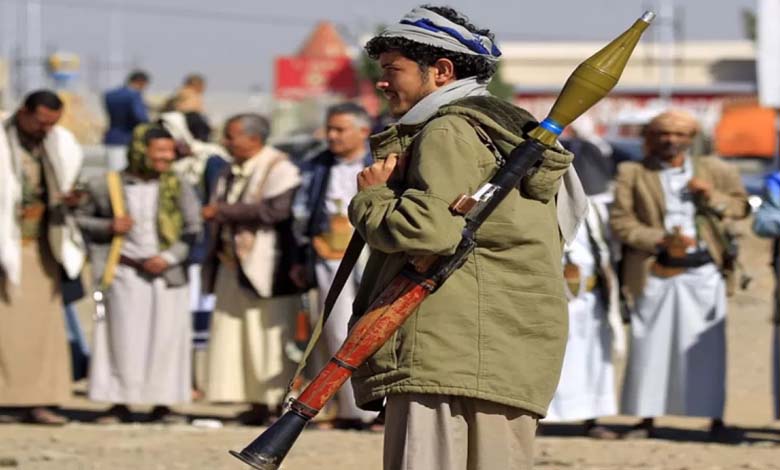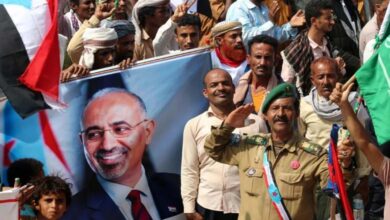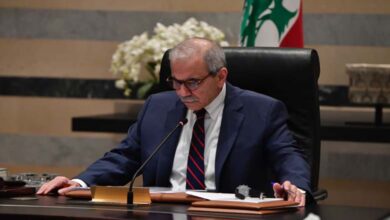A Major Blow to the Muslim Brotherhood in Yemen

The Ministry of Religious Affairs in the city of Taiz has issued a directive prohibiting the imposition of preachers in mosques under any circumstances to prevent conflicts and disputes over places of worship. This decision comes in response to attempts by the Al-Islah party, considered the Muslim Brotherhood‘s arm in Yemen, to take control of mosques in areas under its influence by appointing affiliated figures.
-
New corruption issues in the Yemeni Ministry of Interior… What is the relationship with the al-Islah Islamist party?
-
Al-Islah Party is tottering in Yemen after the failure of the rebellion
The circular states that if specific sermons or issues need to be addressed, instructions should be given only to officially designated preachers, without allowing any unauthorized individuals to deliver sermons. according to the Al-Muntasaf website.
This directive is a setback for the Brotherhood after the Taiz Religious Affairs Office sent an officer from the military command affiliated with Al-Islah to the Al-Shamaytayn district. This officer allegedly stormed a Salafist mosque in the city of Al-Turbah, attempting to impose himself by force, which sparked outrage among Yemenis. As a result, dozens of mosques in Taiz—under Al-Islah militia control—and other cities have been abandoned.
-
The Brotherhood and the Yemeni Al-Islah Party… a long history of relations and joint crimes
-
Why is Turkey supporting the Yemeni Al-Islah Party of the Muslim Brotherhood?
Areas controlled by the Muslim Brotherhood in Yemen have seen a significant decline in mosque attendance, amid growing frustration over the politicization of sermons and their use as tools for spreading extremist ideology and political propaganda.
According to local sources, many Yemenis are now avoiding Friday sermons and congregational prayers, protesting the Brotherhood’s exploitation of religious platforms to promote its own agendas instead of focusing on spiritual and social matters.
Furthermore, reports indicate that the Brotherhood has imposed strict oversight on mosque imams, leading to the replacement of moderate preachers with individuals loyal to them.












